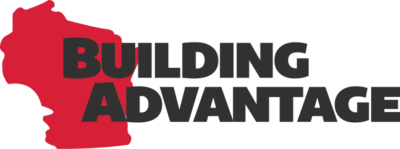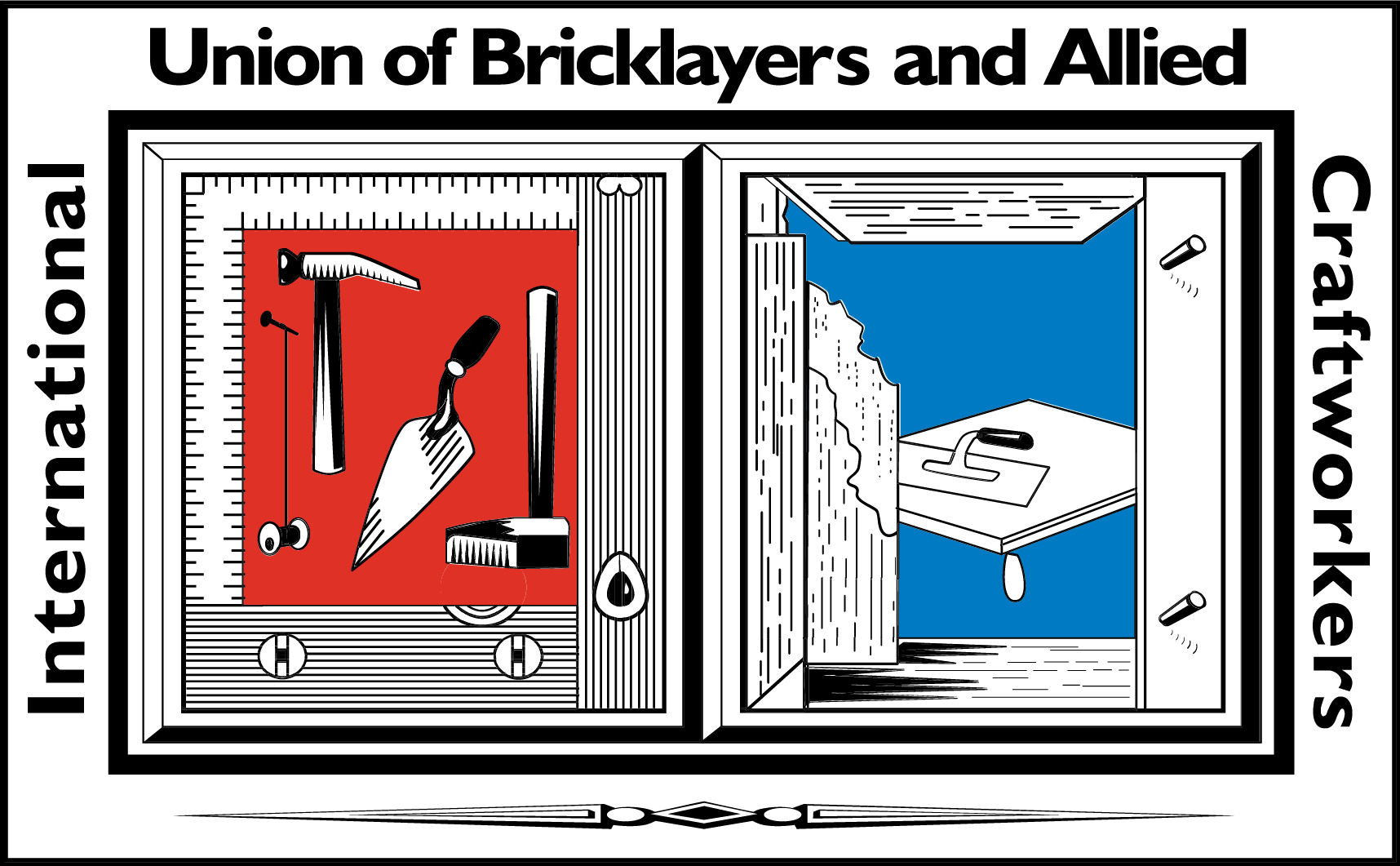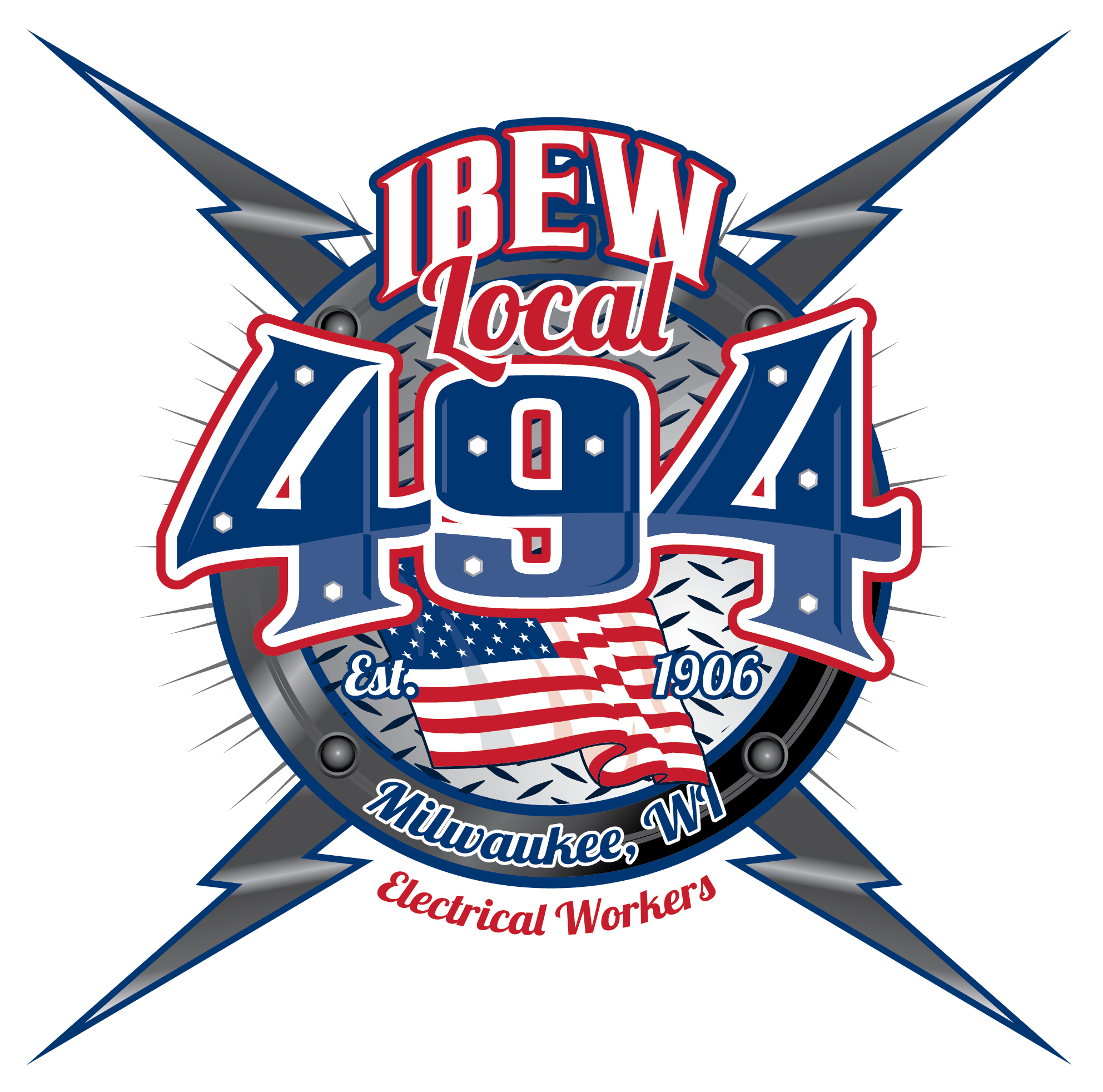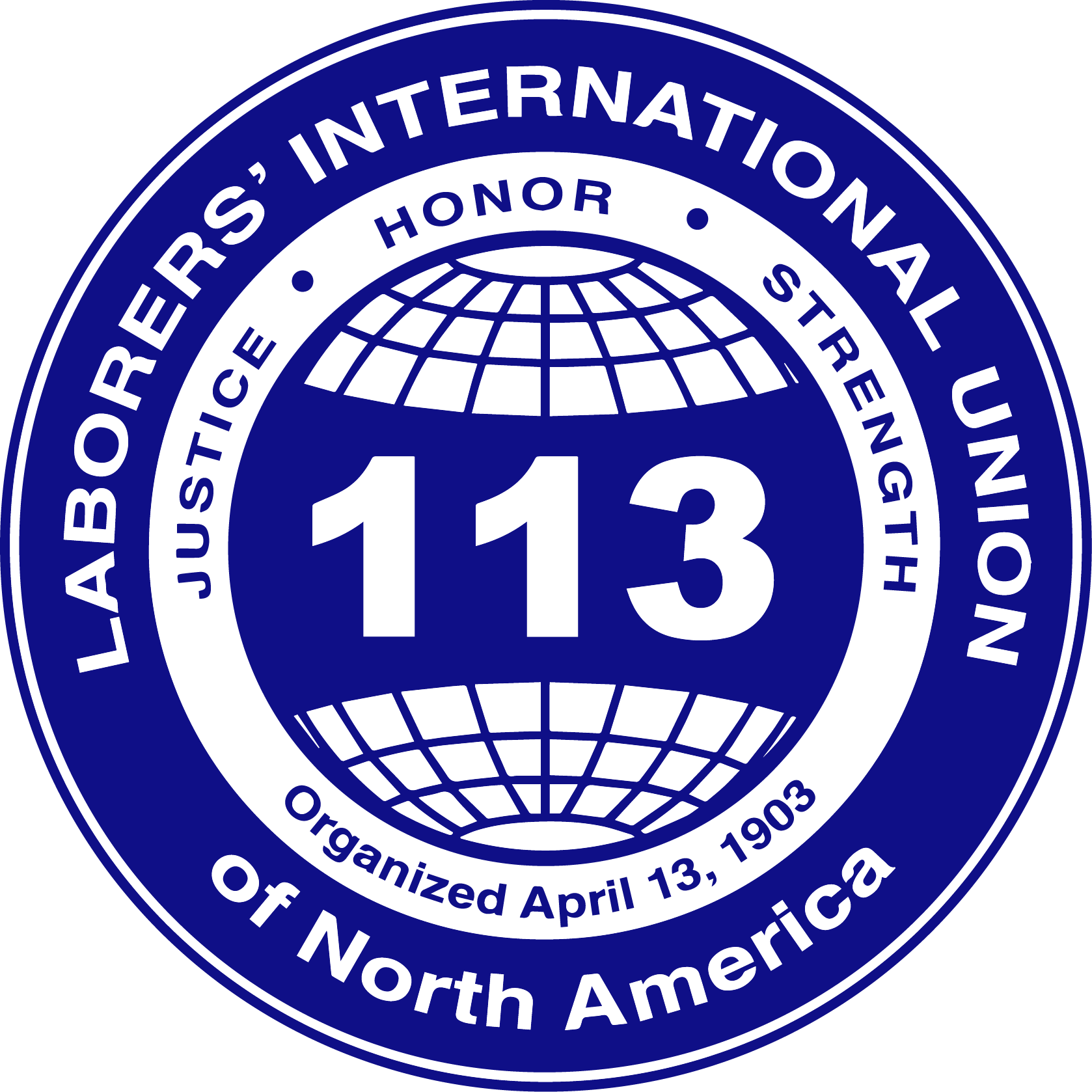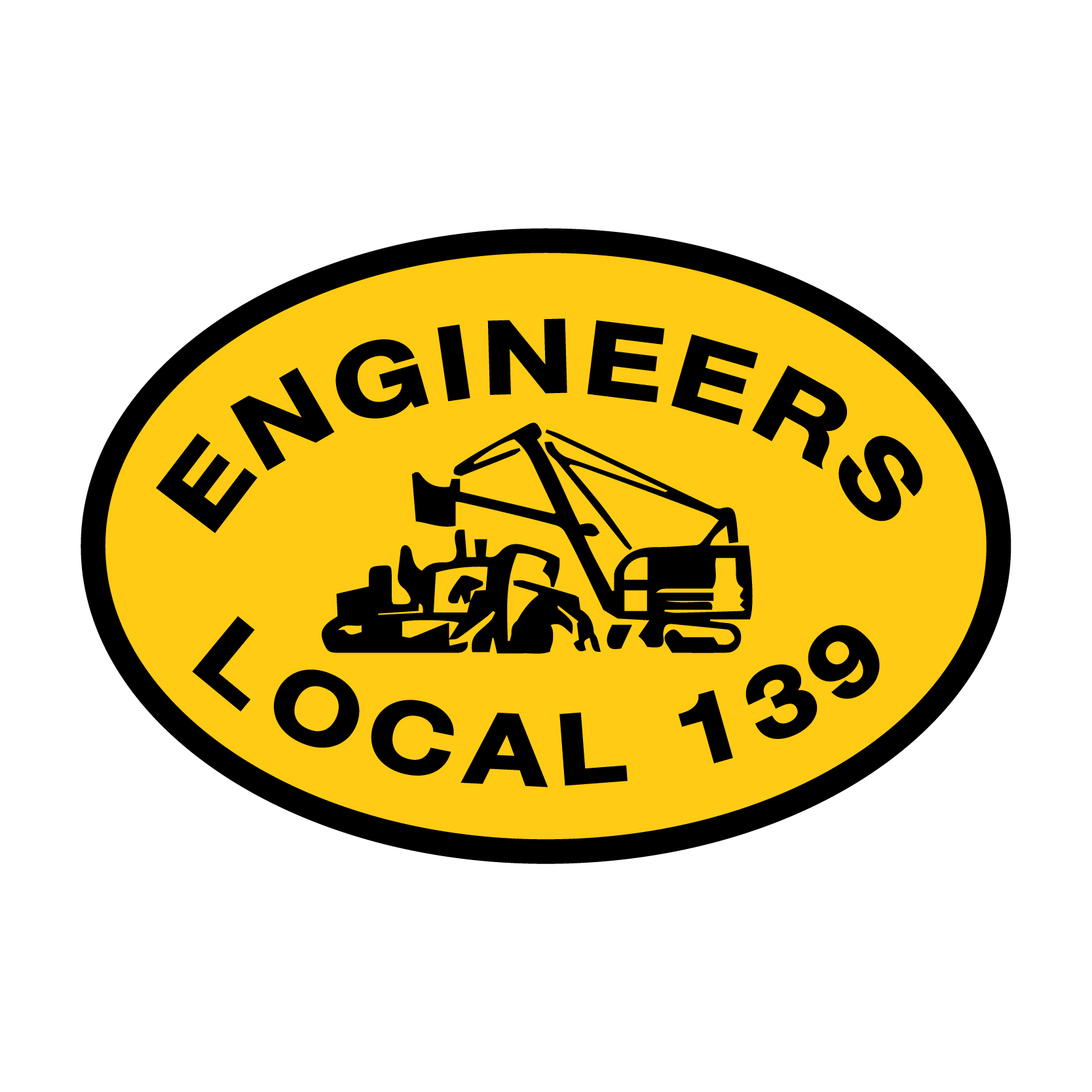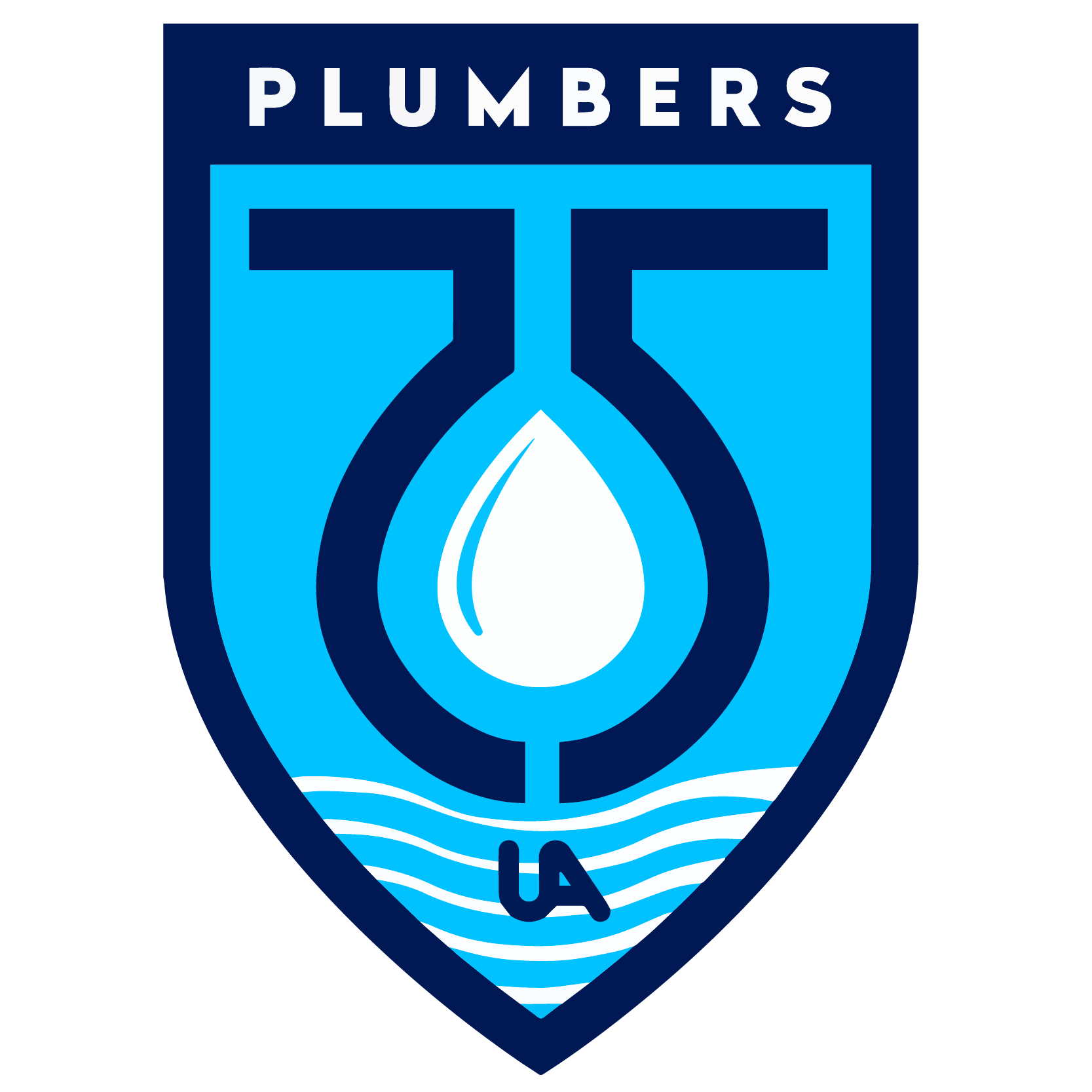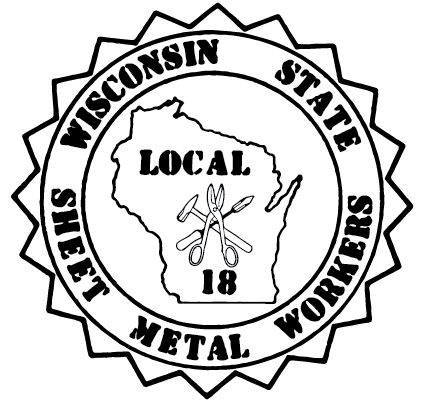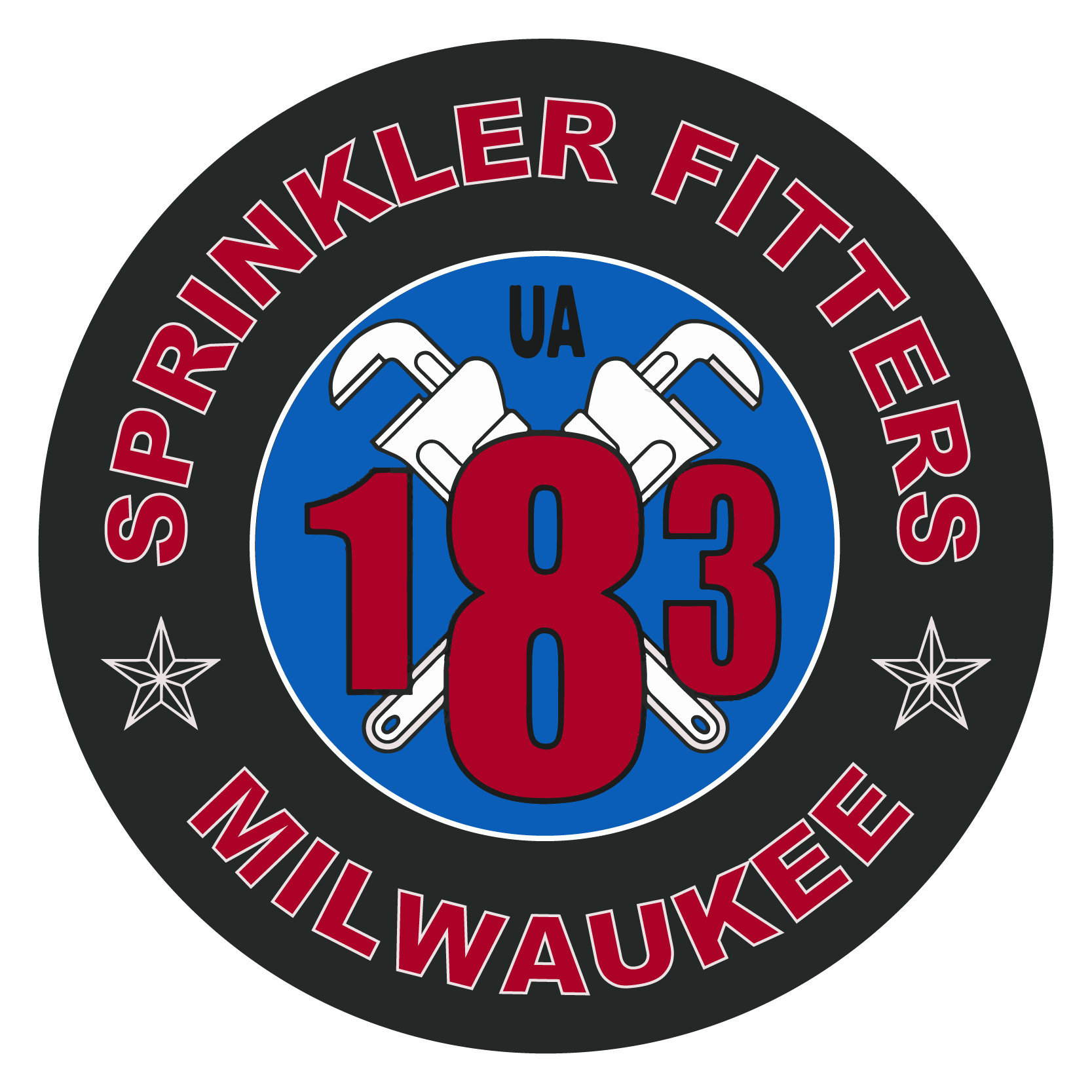Become a Union Tradesperson
Here’s how to get started with a career in the skilled trades
The Process
After you make it through the first few steps, we’ll invite you in for your interview. We’re also going to ask for some basic documentation, like driver’s license and GED transcripts / high school diploma. You’ll also be asked to pass a drug test or pre-employment drug screening during the interview process.
You aced your interview and scored a spot on the team of one of our valued contractor partners — congratulations! You are the future of the Wisconsin workforce, so these contractors are invested in your education. They’re committed to providing you with the tools you need to succeed as you master the skills that will help you deliver the high-quality work they expect from all employees.
Learn from the pros and get paid like one too! You’ll work on high-profile projects under the guidance of some of the most respected contractors and leaders in the Milwaukee area. Earn money while you gain experience so you can live the life you always imagined – with no college debt. Experience the advantage of Building Advantage!
Pick A Trade
Joining the Union building and construction trades offers numerous benefits, including access to high-quality training through apprenticeship programs, which combine classroom education and hands-on experience. Union members enjoy competitive wages, excellent benefits, job security, and safe working conditions. Unions also provide support and advocacy, ensuring fair treatment and opportunities for career advancement. The following trades offer a pathway to a rewarding and stable career without the burden of student debt.
Why Union?
America’s labor unions give workers the opportunity to join together in pursuit of solutions that will improve their jobs, lives and communities. Experience the union advantage!
Collective Bargaining
Unions empower workers to make their voices heard on the issues that matter to them. When workers join together in solidarity, negotiating contracts in their best interests becomes more successful.
Higher Wages and Better Benefits
According to the Economic Policy Institute, union workers earn an average of 13.2 percent higher wages than their non-union counterparts, and are more likely to have employer-provided benefits like premium health insurance, paid time off and a retirement plan. All benefits are above and beyond your hourly wage, so it won’t come out of your paycheck.
A Stronger Economy
When union workers make a higher wage, non-union firms tend to raise their wages, too. A strong union presence tends to influence wage increases among non-union firms to keep employment competitive. When employees benefit from higher wages, the economy thrives.
Increased Workplace Safety
Safety is a priority in the construction industry, and even more so among unions. The labor movement fought to establish the Occupational Safety and Health Act of 1970, resulting in safer working conditions and stronger protections for workers.
Diverse Representation
Unions represent workers across all levels of education, race and ethnicity, and promote a message of inclusion and equal opportunity. This is the workforce of the future!
Making The Switch To Union
When you join a local building trades union, you’re not just securing a job — you’re investing in a career with long-term security, stability, and support. On top of a higher hourly wage, union membership comes with a comprehensive package of fringe benefits that protect you and your family on and off the job site. Fringe benefits are non-wage benefits that union members receive in addition to their hourly wages.
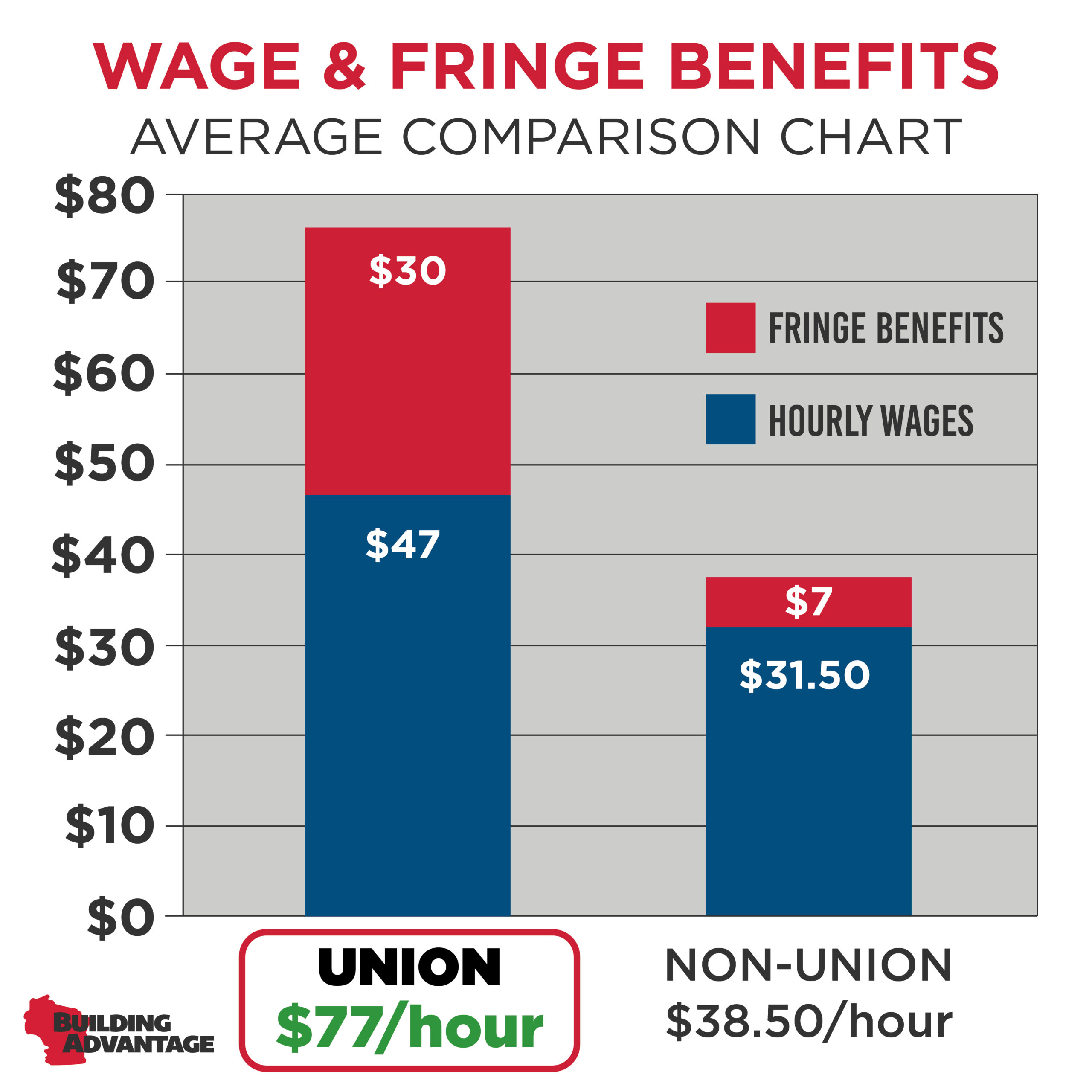
These fringe benefits include premium healthcare coverage, a pension and other benefits. One of the biggest advantages? Your benefits stay with you — not your employer. That means regardless of the contractor you’re working for, your healthcare coverage will continue uninterrupted as a union member.
Most unions also offer employee assistance programs that help with mental health concerns, therapy, financial planning and legal advice. Your wages and fringe benefits are negotiated by your union to ensure you’re not only compensated fairly for your work but also taken care of beyond your paycheck. Contact your local for more information about your trades’ specific fringe benefits.
*Refer to your local for trade specific retirement information
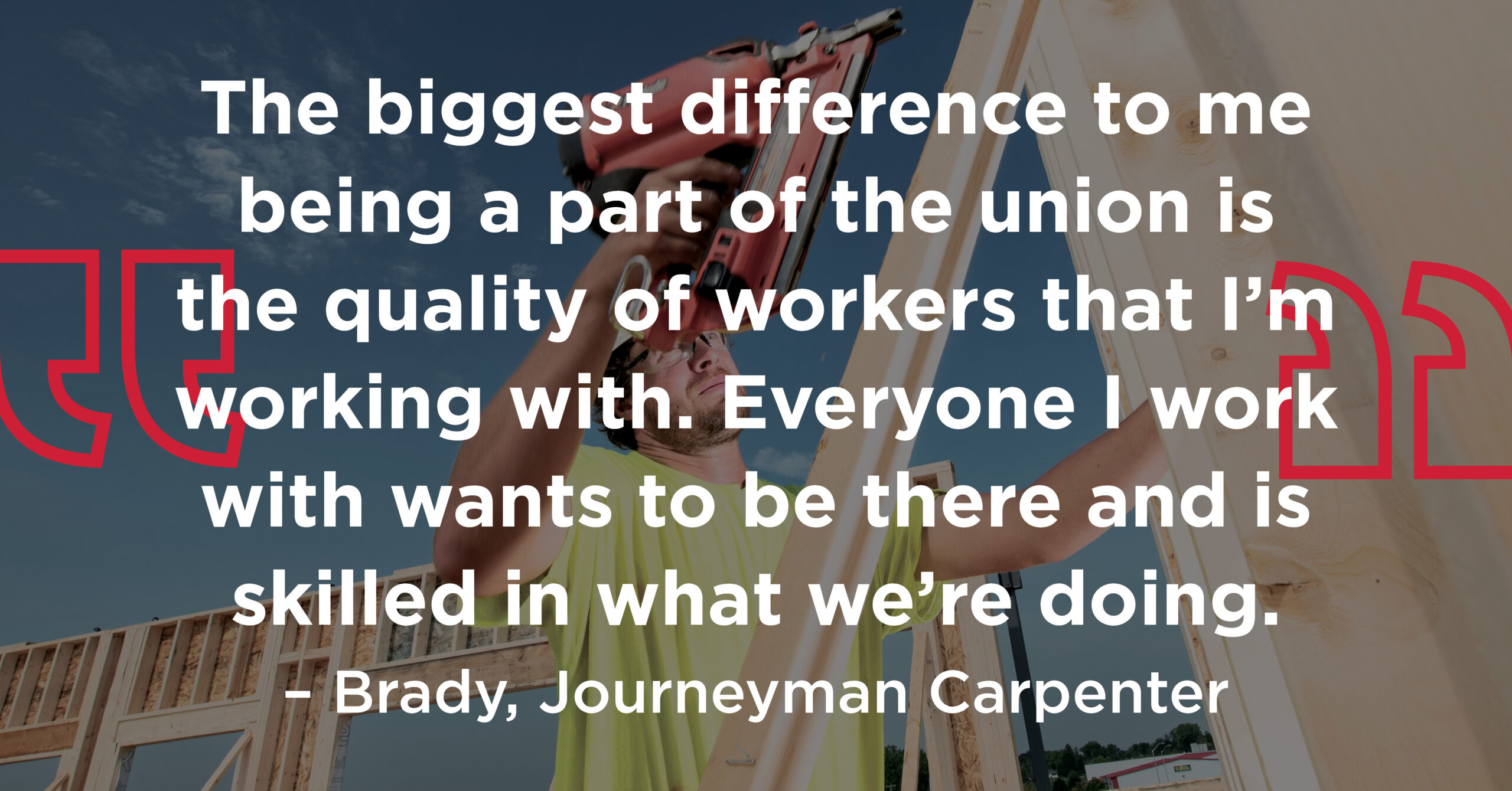
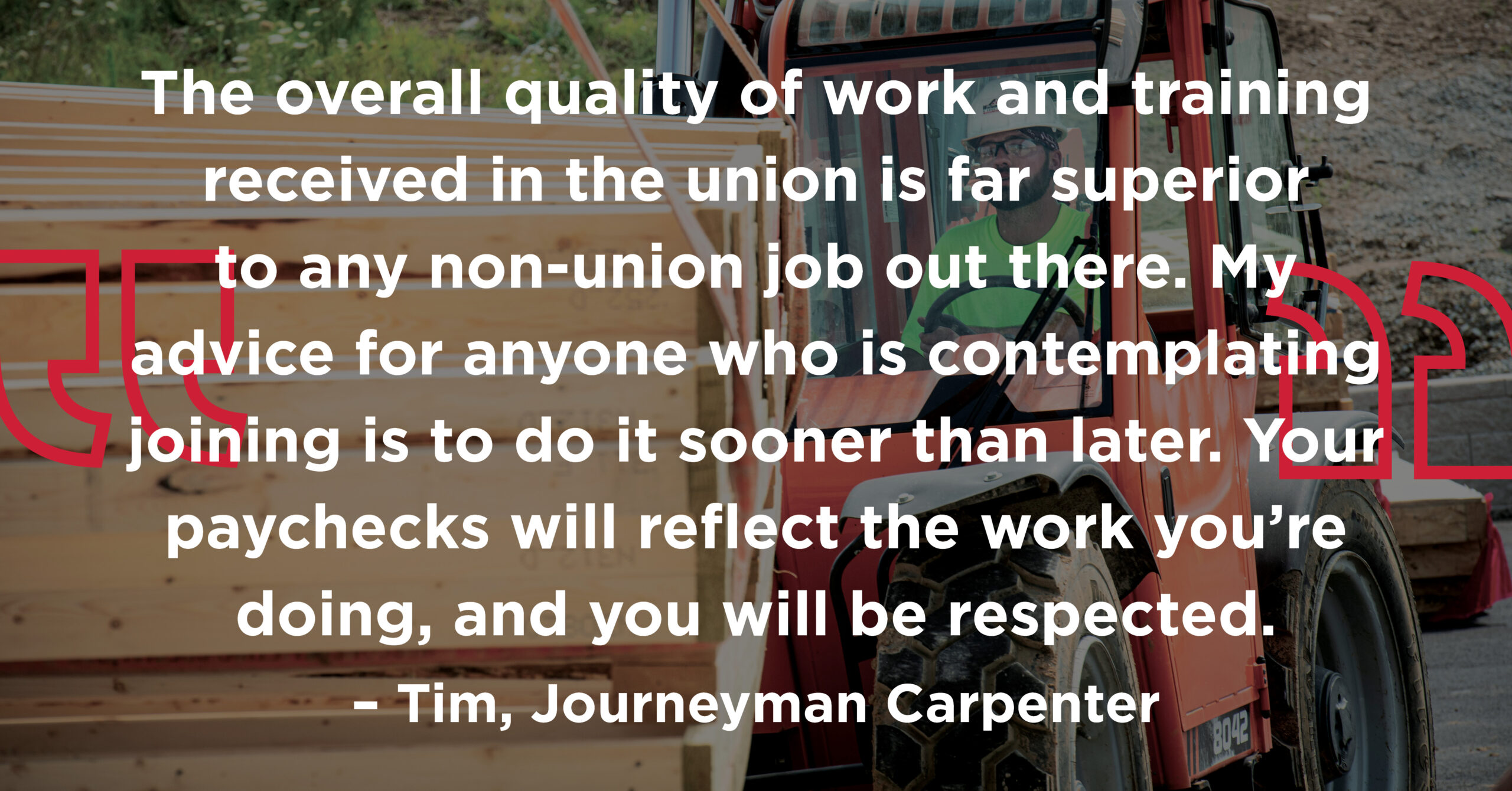
Ready to make the switch to a career with the Union? Click the button below and our coordinator will connect you with the right Union representative to kickstart your career.
Want to Learn More about each of Milwaukee’s Local Union Building Trades? Click on each Union’s logos to learn more.
